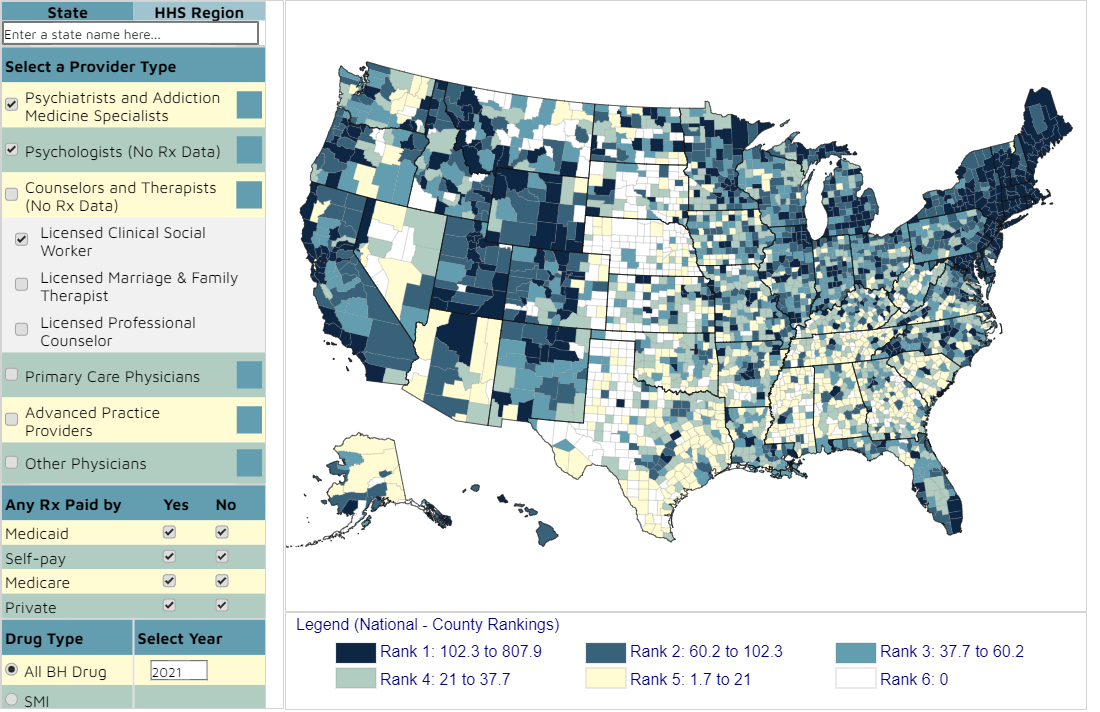WASHINGTON (Nov. 28, 2023) — Beginning in January, Medicare will start covering marriage and family therapists and mental health counselors for the first time ever, a move that will significantly expand the mental health workforce. The change is significant because it could help address a mental health care crisis in the US, which is made worse because of a shortage of available mental health providers in certain areas.
“A strong behavioral health workforce is urgently needed to address the rising rates of depression, anxiety, substance abuse and other mental health issues in the United State,” says Clese Erikson, the Deputy Director of the Health Workforce Research Center at the Fitzhugh Mullan Institute for Health Workforce Equity at the George Washington University. “Medicare’s expansion in the workforce will help seniors find much-needed care for depression and other mental health needs.”
Under the old system, Medicare covered only mental health services provided by psychiatrists, psychologists, licensed clinical social workers and psychiatric nurses. But many psychiatrists and psychologists don’t participate in Medicare saying the payment rates are low or there is too much red tape.
Erikson and her team recently launched a new online tool that tracks the location and numbers of psychiatric specialists, counselors, therapists and others that provide mental health care. Users can create custom maps that show how the behavioral health provider supply available to Medicare beneficiaries will increase down to the county level.
Using that new tool, they calculate that Medicare’s expansion in January will boost the ranks of those eligible to provide mental health care to seniors by a quarter of a million providers. The increase will go a long way toward helping seniors gain access to mental health services, including in rural areas or parts of the country with a shortage of mental health care, Erikson says.
To schedule an interview with Erikson or another health workforce expert at the Mullan Institute, based at the GW Milken Institute School of Public Health, please contact Kathy Fackelmann, kfackelmann![]() gwu [dot] edu
gwu [dot] edu
-GW-


